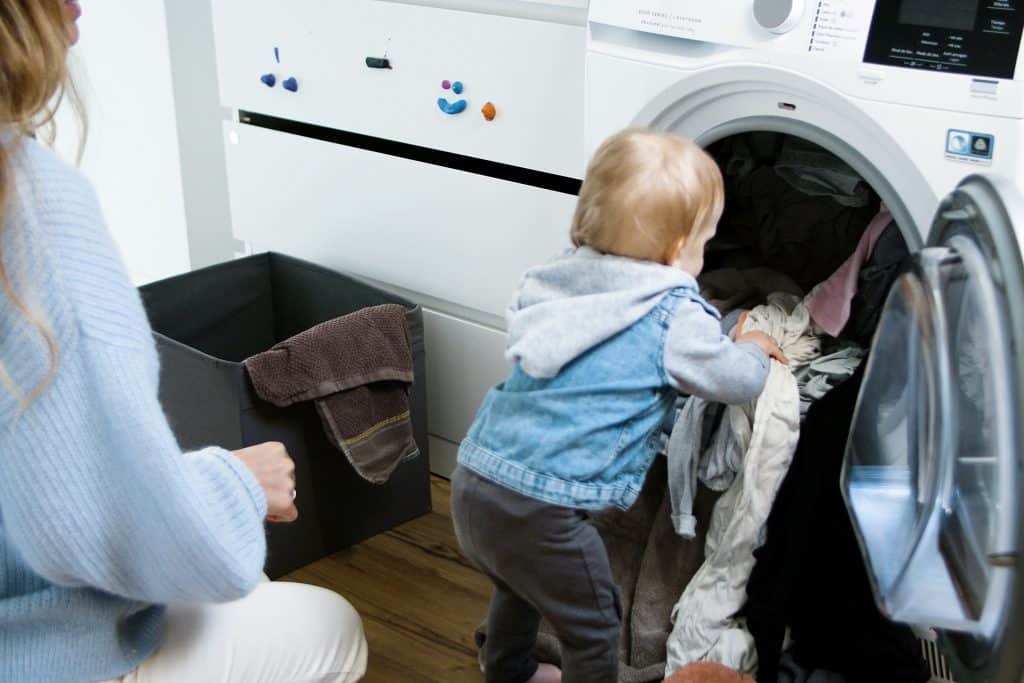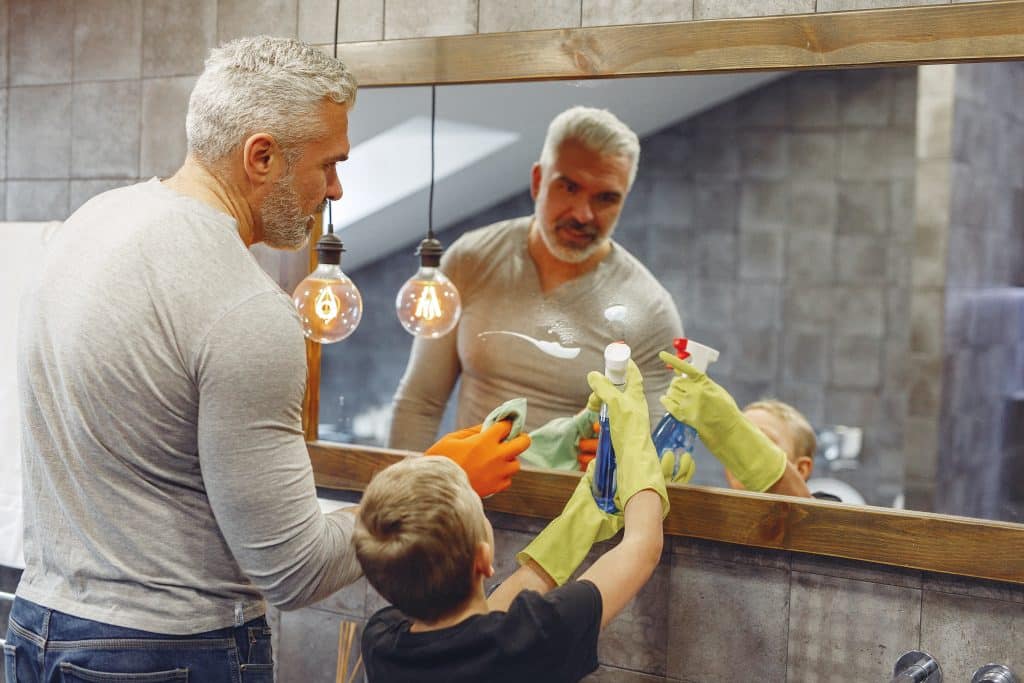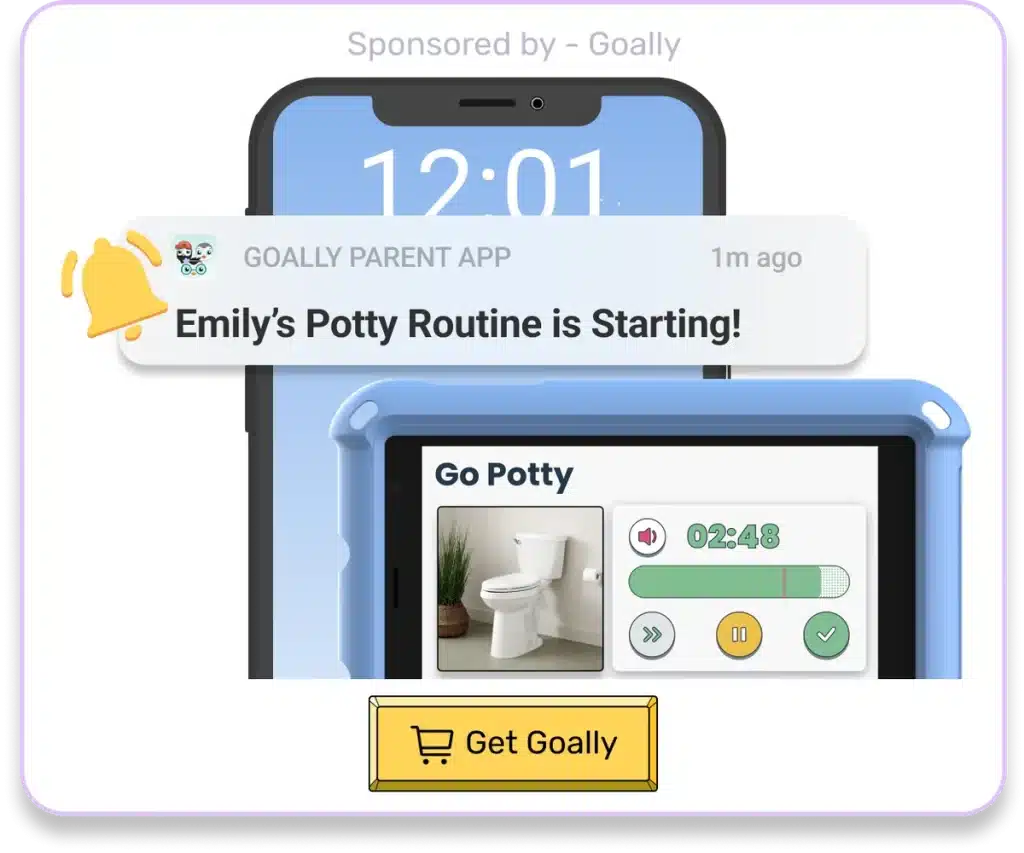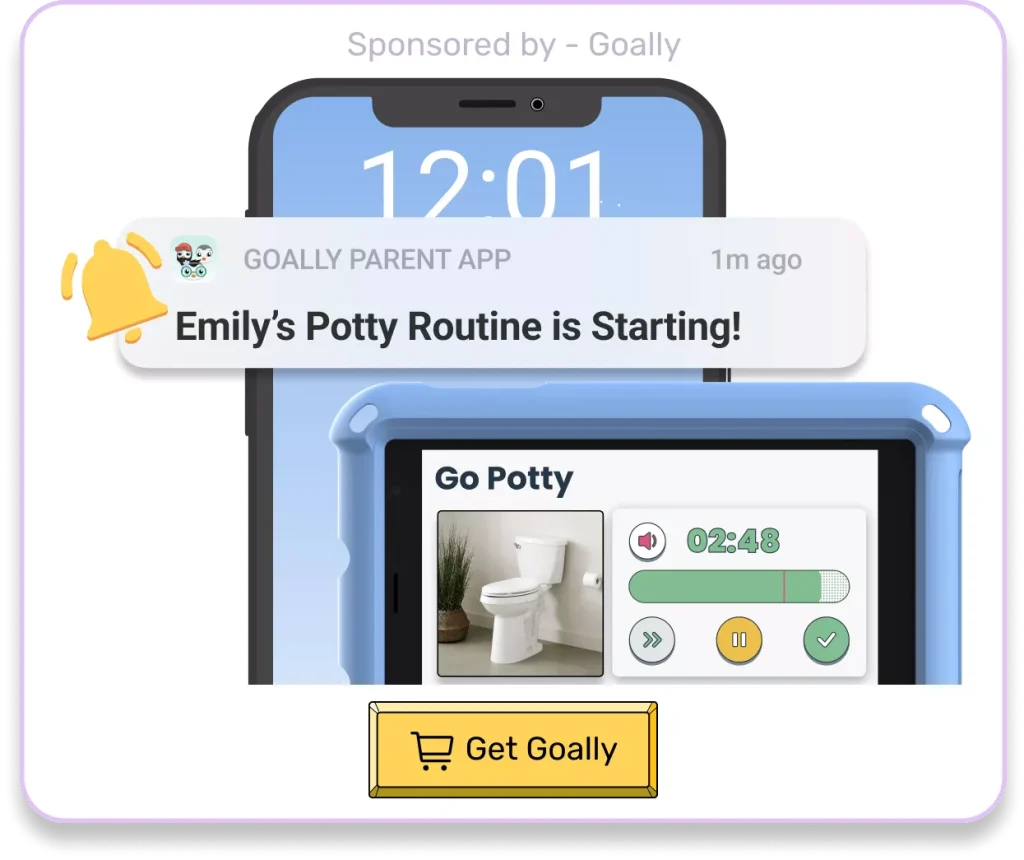Navigating the colorful maze of autism can feel like a jigsaw puzzle for parents. Among the many pieces, the importance of routine for autism emerges as a crucial element, as the glue that brings the picture together. But why is this piece so vital? Routines bring predictability and structure, often as comforting anchors for children on the spectrum. This blog demystifies how daily schedules contribute to their growth, fostering independence and improving their social-emotional health. And it’s not all theoretical – we’ve got practical tips and compelling research evidence to back it up, so you’ll leave with a clear action plan. Remember, your child’s potential is vast, and a well-structured routine could be the key to unlocking it.
Table of Contents

It’s a win-win for parents and our kids. What’s not to love?
Parents, you know it as well as we do – the power of a routine is game-changing, especially for kids with unique developmental and learning needs. Now, when we sprinkle in the magic word “autism,” the importance of routine for autism truly takes center stage. That’s not just me talking; science backs it up too.
Read More: How to Create an Autism Daily Routine
Imagine this – routines can skyrocket the odds of our little ones developing robust social-emotional health by nearly half, 47%. Consistency in their daily life can help them blossom socially and emotionally at home and in the classroom. That’s a pretty cool fact to remember next time we set up that morning and bedtime routine. It’s clear as day, for our kiddos with autism, routine isn’t just important – it’s essential. So let’s continue our good work and build routines that empower them to shine!
Goally | Visual Scheduler for Autism
Does your child struggle with getting ready in the morning independently? Goally’s routine app on the best tablet for kids breaks down large tasks into small, achievable steps for autistic kids. Create custom routines with your own videos & pictures for every step.
The Power of Routine for Children With Autism
- Eliminate power struggles: Regular routines lessen the chances of power struggles, making everyday tasks smoother.
- Maintain consistency: With a solid routine, kids know what to expect and what’s expected of them, providing a comforting sense of consistency.
- Foster cooperation: When kids are accustomed to routines, they tend to cooperate more easily as they understand their responsibilities better.
- Build the parent-child connection: Engaging in daily routines together strengthens the bond between you and your child.
- Help kids take ownership of their own activities: Routines help children with autism become more independent as they take charge of their own tasks.
The last point is particularly significant when understanding the importance of routine for autism. Routine helps in the development progress of children with autism spectrum disorder (ASD).
Read More: Autism Spectrum Wheel
Every parent knows that the world of autism is as varied as the colors in a rainbow, with each kiddo bringing unique gifts and challenges to the table. But one common thread unites them – their love for predictability and patterns. Now, that’s where the beauty and importance of routine for autism shine!

Think of a well-crafted daily schedule as a friendly guide that can be a game-changer in navigating these challenges. It’s like a compass pointing them towards a sense of order amidst the chaos, giving our kids the predictability and patterns they often crave. It’s not just about ticking off to-dos; it’s about offering them a safe and structured space to thrive uniquely. Immensely powerful. So, let’s harness this power and create routines that make a difference!
Goally | Routines that Actually Work
Goally’s skill building tablet for kids has routines that break down large tasks into small, achievable steps. It helps kids complete their tasks independently!

Create custom routines with your own videos & pictures for every step. The steps come in small, bite-sized pieces to help your child learn the little fundamentals (like putting the toothpaste on their toothbrush!) to achieve bigger goals. And that’s just the beginning. See it in action:
Knowing what to expect at certain times every day, may decrease destructive (and non-constructive) behaviors that typically arise when unfamiliar events occur. Routine provides a comfortable, safe place to easily return to while adjusting to new situations. Likewise, many autistic children are averse to certain tasks but have no issues completing others. Daily schedules enable the child to understand that completing unwanted tasks is a necessary prerequisite to moving on to the preferred task. They are an incredibly powerful tool if used often and correctly.
FAQs About Importance of Daily Schedules for Autism
What is the importance of routine for autism? Routines provide predictability and structure, often comforting and beneficial for children with autism, enhancing their learning and emotional growth.
How does routine help children with autism? A consistent routine can alleviate daily challenges, reduce anxiety, foster independence, and help children with autism better understand and navigate their world.
Can a routine improve social skills in children with autism? Routines can help children with autism develop and maintain solid social-emotional health by encouraging regular social interactions and improving communication.
How can parents build an effective routine for a child with autism? Parents can create routines that align with their child's needs, leveraging learning tools like visual schedules and emotional regulation apps and reinforcing desired behaviors with rewards.
Are visual schedules beneficial in maintaining a routine for children with autism? Visual schedules are a powerful tool in maintaining a routine as they provide clear, visual prompts that make it easier for children with autism to understand what's expected of them.
This post was originally published on 01/01/2021. It was updated on 06/23/2023.

Goally
We help parents teach their kids life skills, like doing bedtime and morning independently. Backed by science, we incorporate evidence-based practices and expert-informed designs in all of our apps and content.







